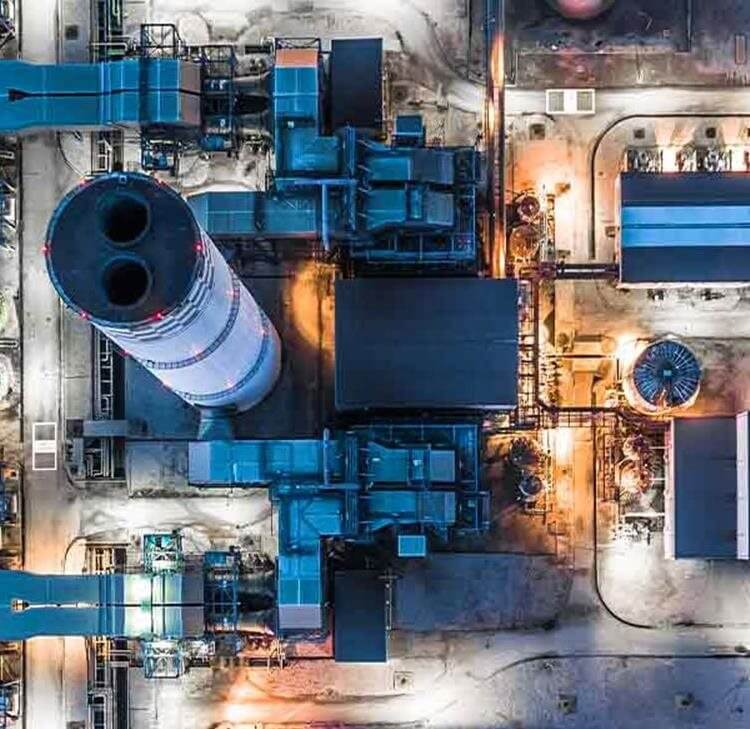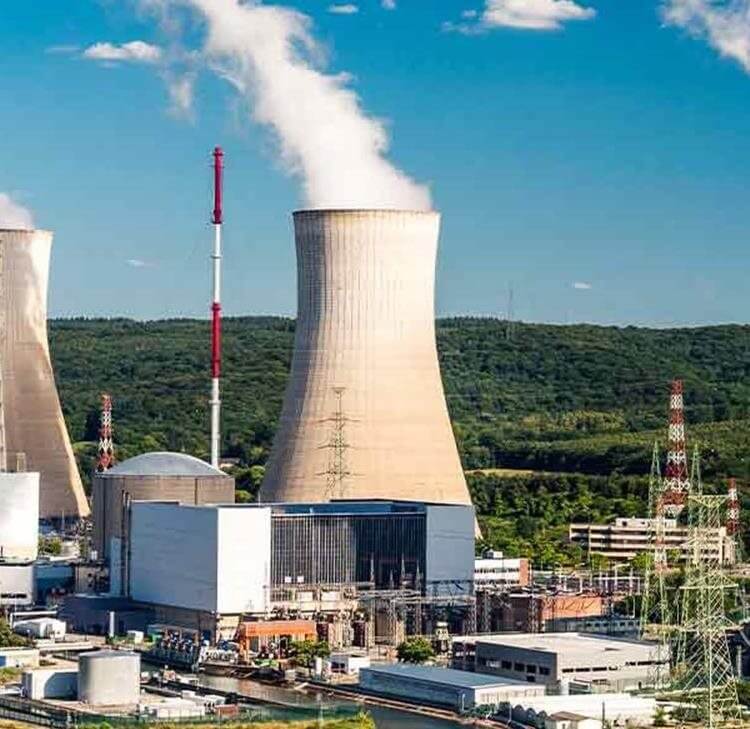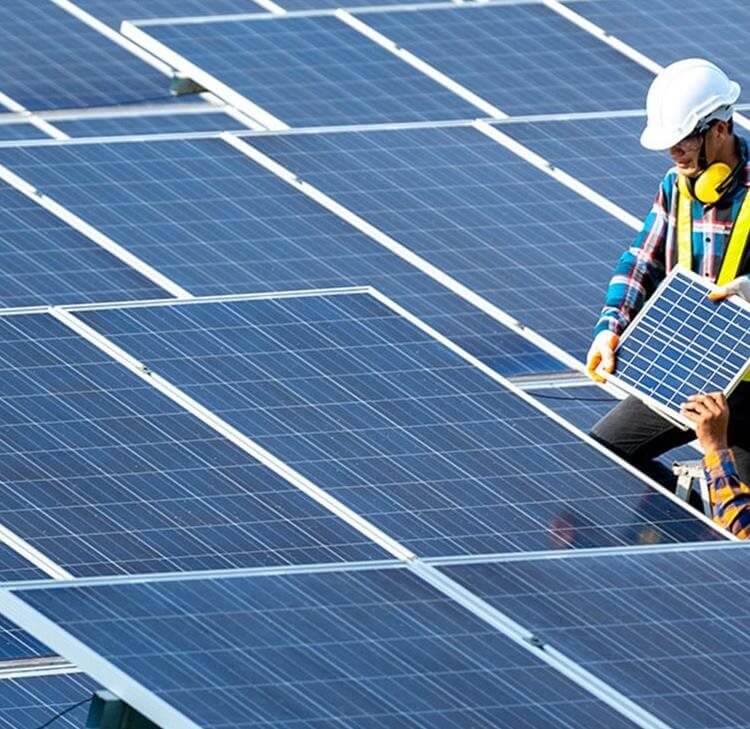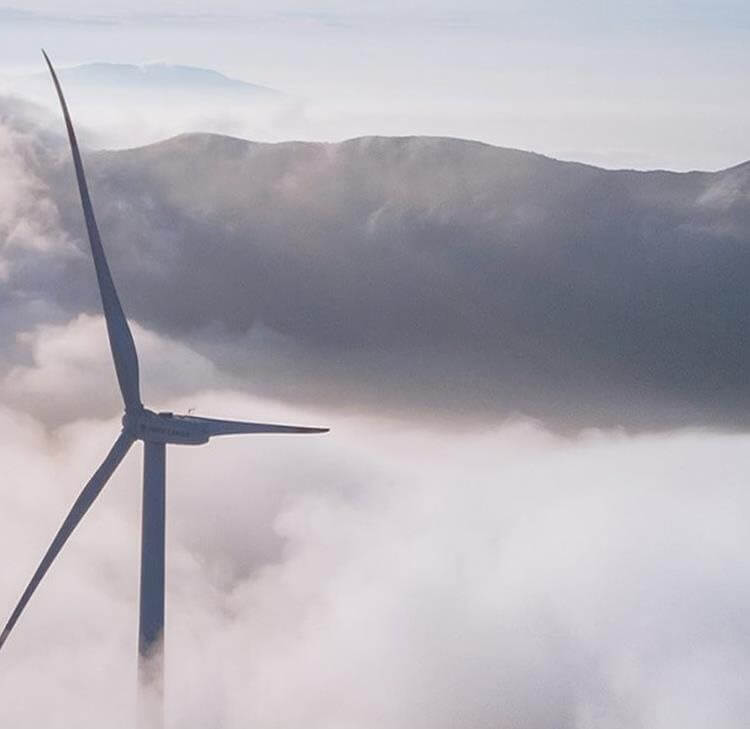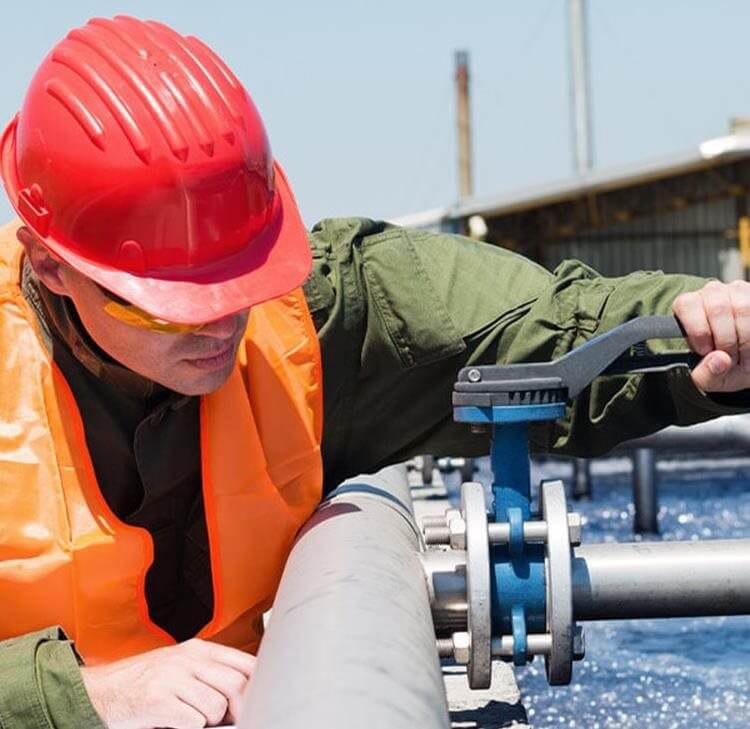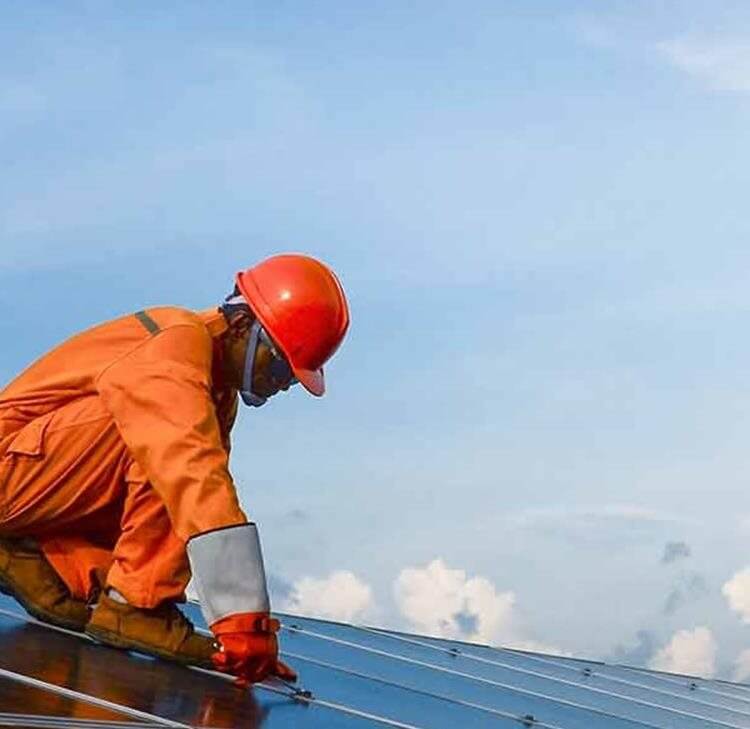Solar power
The commitment to tripling solar power via support from the private sector is certainly to be welcomed, though it’ll be interesting to see whether the new Government will provide better tax relief in order to incentivise corporates and take advantage of the opportunities here.
Onshore wind
With onshore wind back on the cards, steps must be taken in order to create a smooth planning process for the private sector. It’s well noted that NIMBYism can hold green energy projects back, and it’s down to the new Government to smooth things over and convince local communities via subsidies and investment in order to hit their target.
Offshore wind
The target of quadrupling offshore wind is ambitious to be sure, but a vital step in reaching net zero. However, there are real questions which need answering over the logistics of delivering offshore wind to this degree. Additional investment and building an expansive workforce to actualise these projects are absolutely crucial.
Green hydrogen
Green hydrogen is set to play a vital role in the future of energy, so it’s great to see movement towards this. We’re still in the early days of green hydrogen, and untrodden ground brings risk - the use of new and innovative technology used in the production of green hydrogen may create challenges in terms of financing and insurability of these projects.
Grid connections
For any boom in green energy to occur, investment in the national grid is essential. Labour’s commitment to develop grid connections is very much needed, and must go hand-in-hand with any investment into green projects themselves. The queue for grid connections isn’t exactly short, and unless there is a serious effort to cut this, it’ll be a number of decades before we see the benefits of the promises made.
Nuclear
Much like hydrogen, there are so many opportunities in nuclear for the future of energy in the UK, but there needs to be a long-term strategy with serious investment. The Government has promised to see the Hinkley Point C project through but having faced serious delays and proving to be more costly than planned, lessons must be learnt from this on future nuclear site planning.
Electric vehicles and charging infrastructure
The restored ban on the sale of new petrol and diesel cars from 2030 is a huge step in the Government’s commitment to net zero, but one which requires a lot of additional groundwork in order to successfully facilitate a transition to EVs. Sure – this gives manufacturers a degree of certainty in terms of their future production lines, but without effective charging infrastructure for EVs across the UK, consumers may struggle. The Government has promised to boost installation of charging points, but without any stated target, a big question mark remains over whether what’s delivered will be enough.



